2021 TORCH Awards

A torch symbolizes hope. For those in the rare disease community, hope is powerful and often deeply personal. We are humbled to honor the advocates who use hope as a beacon to bring others into their cause and as an instrument of change for the entire community.
In the rare disease community, there are many who carry a torch because of their efforts to transform outreach and create hope. To recognize their inspiring advocacy efforts, we have established the TORCH (Transforming OutReach and Creating Hope) Awards in 2017. Nominated by individuals or organizations, winners are selected by Scholarship America, a third-party organization, and Sanofi makes a donation to the non-profit of the honorees choosing - more than $110,000 in donations has been made in the past five years for the 22 TORCH Award recipients.
The 2021 TORCH Award honorees have transformed their lives into a platform for advocacy: a teen and author advocating for clinical research; a dad, physician and patient advocacy organization changemaker; an advocate duo ensuring every voice matters; parents educating other families and creating hope for future generations; a couple who challenges policies and the diagnostic odyssey. We are humbled by their significant contributions to the rare disease community and their personal resiliency. Congratulations to each of the recipients!
Watch how the courageous advocates honored as our 2021 TORCH Award recipients created hope in the rare disease community:
These are the incredibly courageous advocates for the rare disease community. We are humbled by their significant contributions to the rare disease community and their personal resiliency. Congratulations to each of the recipients!
2021 TORCH Award Recipients
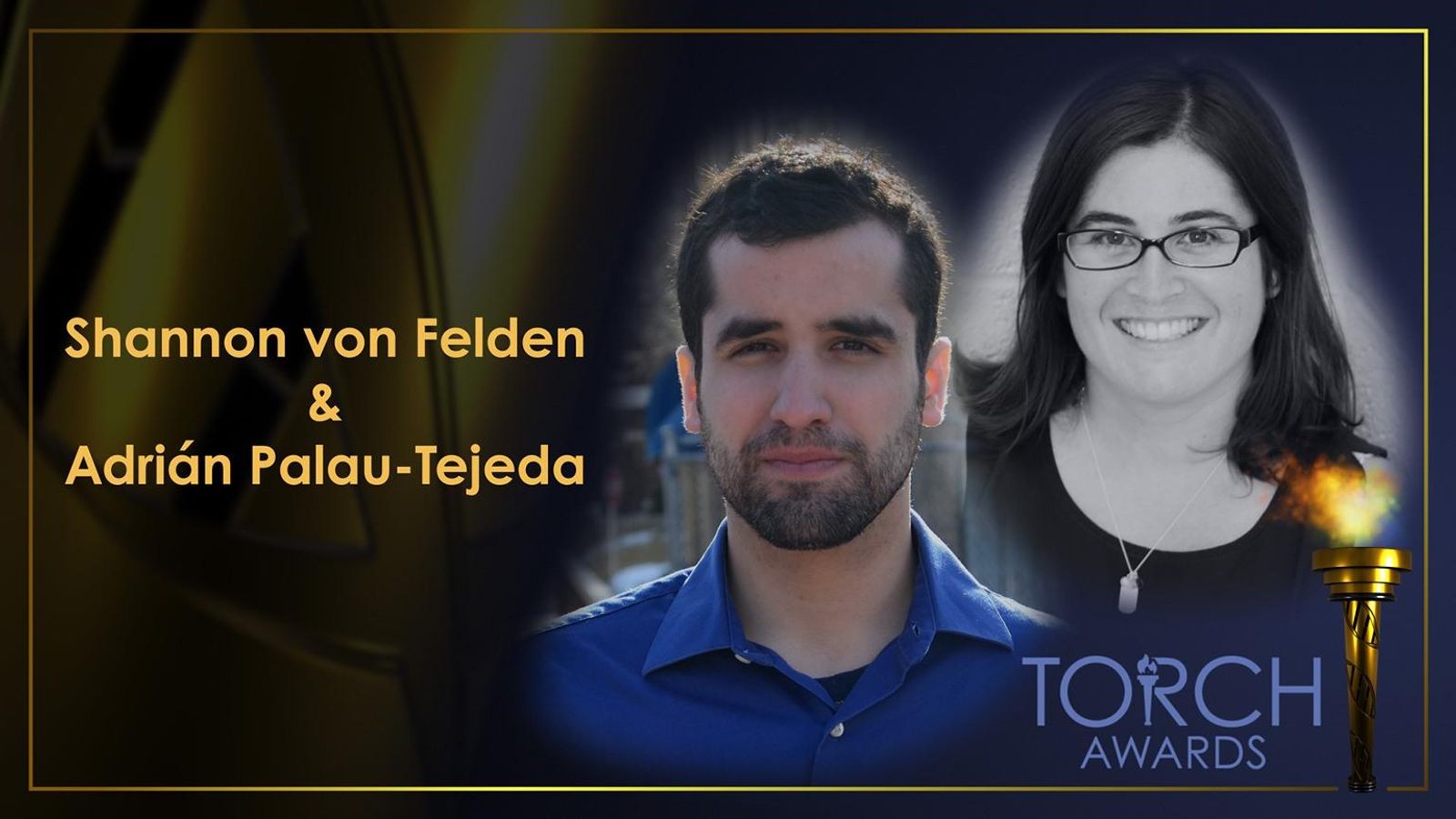
Advocates for Diversity and Inclusion
Over a year ago, EveryLife Foundation for Rare Diseases’ Rare Disease Legislative Advocates (RDLA) made the commitment to do more to ensure diverse representation within the rare disease community. The organization started by evaluating their existing efforts and expanding their efforts to be more inclusive, because every voice matters.
Shannon von Felden is the Director of RDLA where she works with rare disease advocates across the country to engage at the local, state, and federal level. Shannon works to uplift the voices of diverse members of the rare disease community to impact meaningful policy change. Adrián Palau-Tejeda is the Diversity and Inclusion Fellow for the EveryLife Foundation for Rare Diseases and in his role, Adrián aims to develop diverse relationships to establish new meaningful connections. He has also developed and updated resources to better serve the rare disease community, including new materials developed in collaboration with the Human Rights Campaign. Together Adrian and Shannon’s efforts are working – in the past year there’s been significantly more engagement from diverse communities and more inclusive resources available.
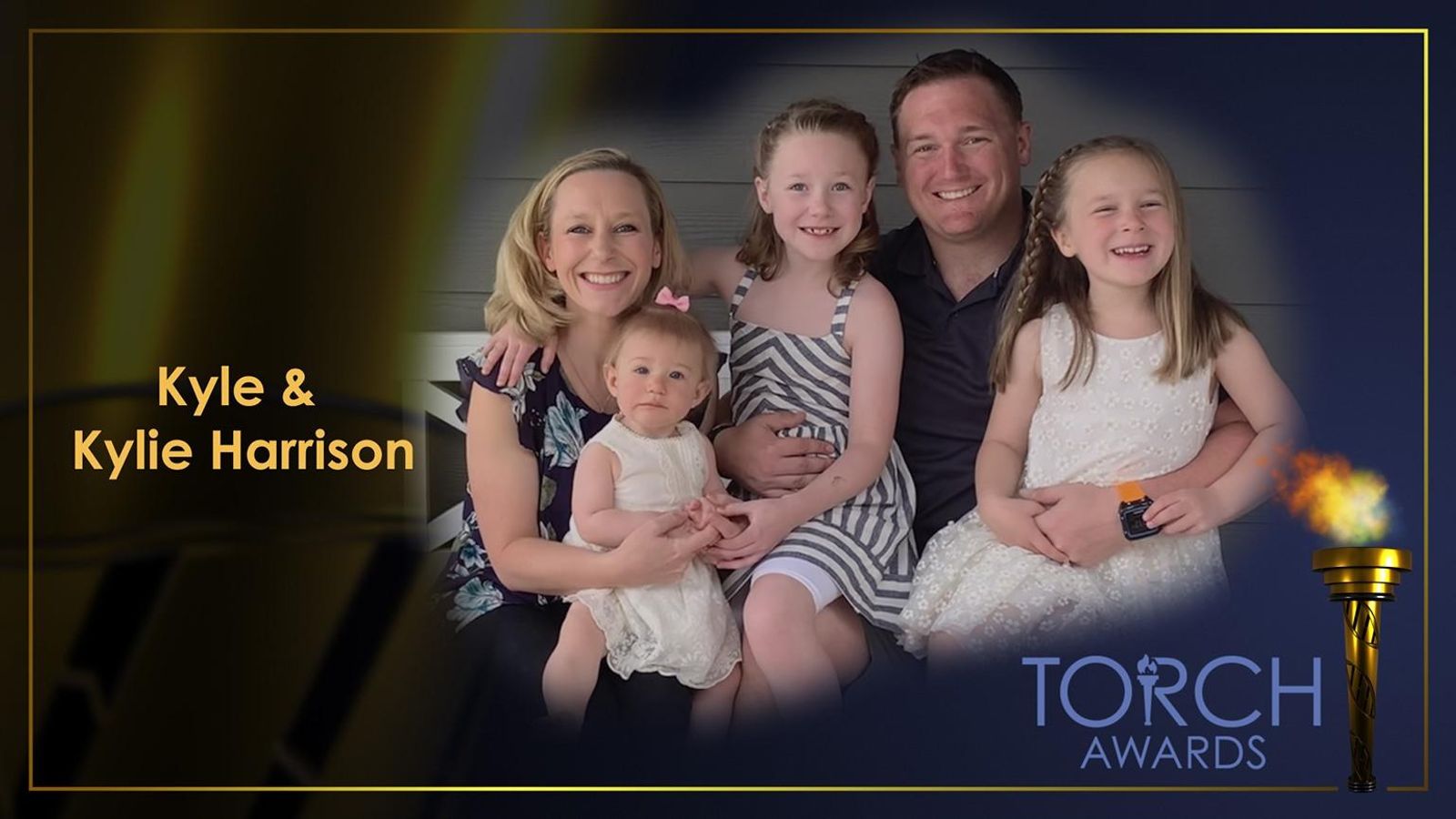
Advocates for GM1 Gangliosidosis
Just one day after the birth of their daughter Kieran, their daughters Kinley and Kennedy were diagnosed with GM1 gangliosidosis, a rare and genetic disease that progressively destroys nerve cells in the brain and spinal cord. Since then, the family has made it their mission to raise awareness and has raised more than $2M in funds for research of potential treatments for the disease. Kyle and Kylie refused to accept there’s nothing they could do and have shared their family’s story with national and local media outlets to raise awareness about the condition and the life-changing impact of a rare disease.
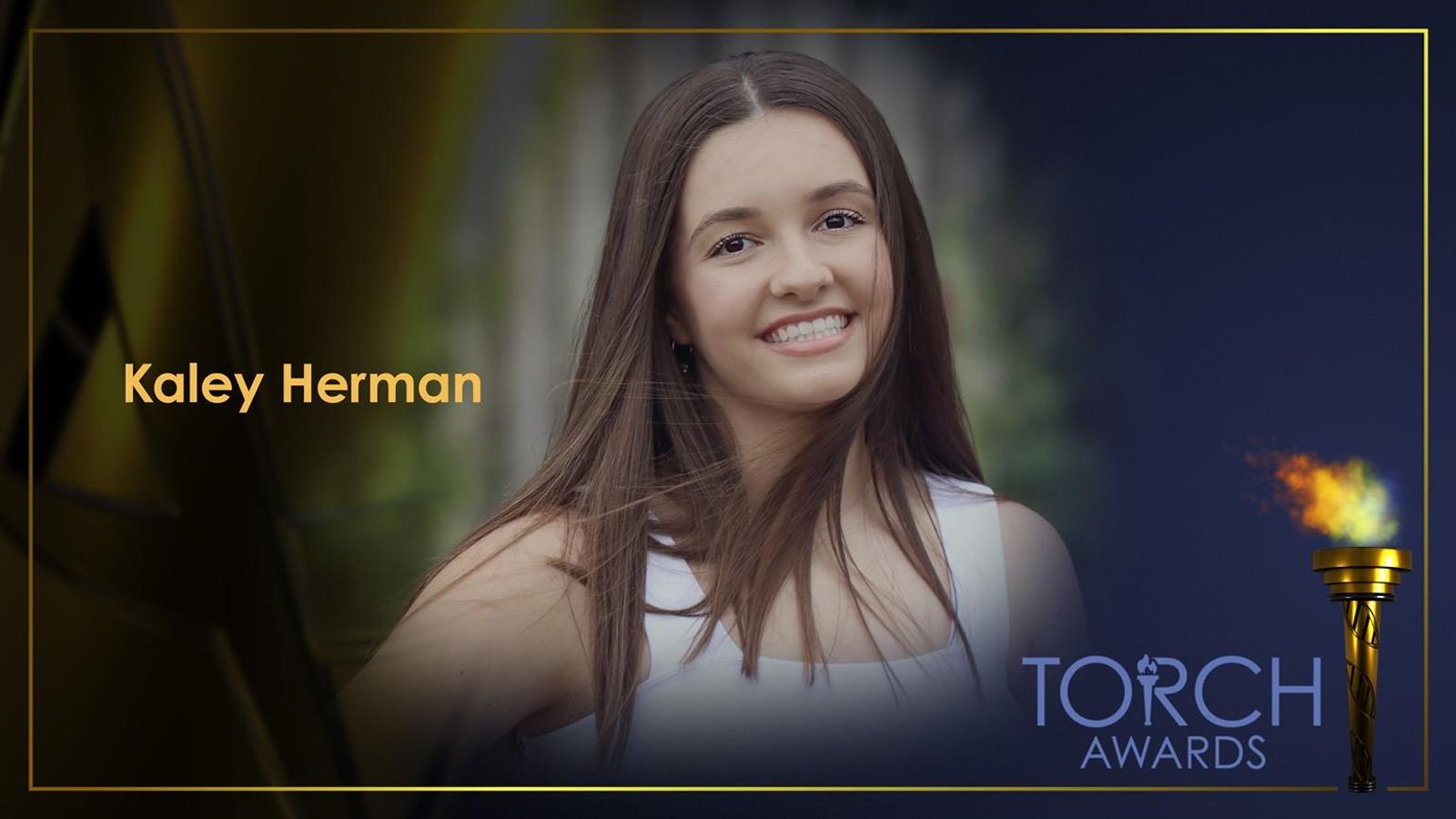
Advocate for Polycystic Kidney Disease
At just 12 years old, Kaley was diagnosed with polycystic kidney disease, a genetic disease that runs on her father’s side of the family. Kaley had grown up watching her father have complications from the disease and with her family, supported him through a kidney transplant. Since her diagnosis four years ago, now 16 years old, she has raised funds, is actively involved in PKD Foundation initiatives and has participated in clinical studies. Together with her dad, they co-wrote a book about the impact of the disease on their family. Kaley’s favorite subject in school is math and in her free time she loves paddle boarding, cooking and competitive cheerleading.
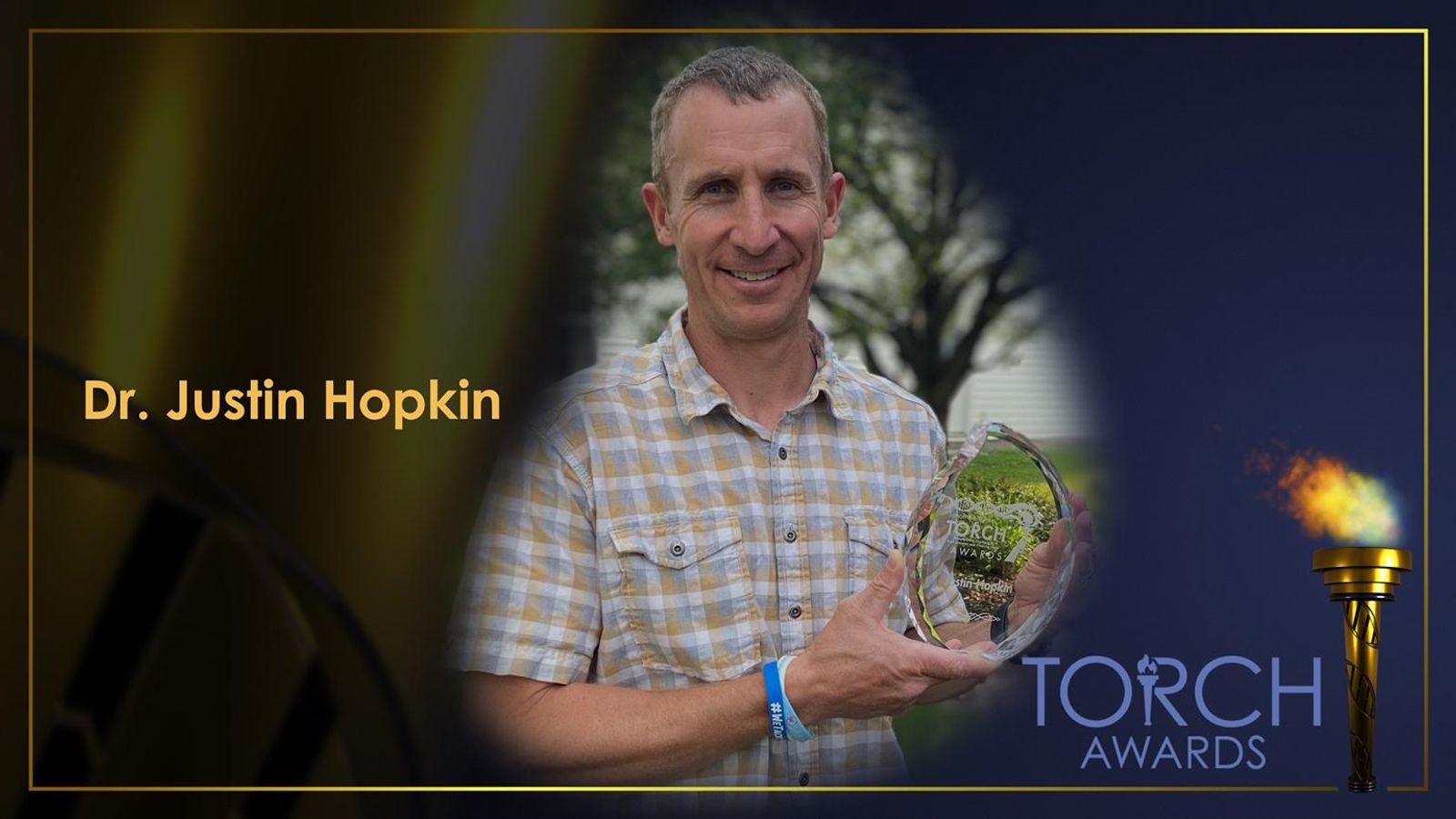
Advocate for Acid Sphingomyelinase Deficiency (ASMD)
Dr. Justin Hopkin and his wife Courtney are the parents of Avery, Grady and Garrett. Garrett was diagnosed with Acid Sphingomyelinase Deficiency (ASMD – historically known as Niemann Pick Disease) around his first birthday. In the six years following, the Hopkin family and friends hosted an annual Golf For Garrett tournament in rural Wyoming raising $150,000 for ASMD research. The proceeds were donated to the National Niemann Pick Disease Foundation (NNPDF), a non-profit patient advocacy and family support organization dedicated to supporting patients and families through education, collaboration and research.
The Hopkin family’s search for a clinical trial later moved them 1,900 miles from Wyoming to Rochester, New York where today Dr. Hopkin is the Chief of the Hospital Medicine Division at Strong Memorial Hospital. Justin is also the Board Chair of the National Niemann Pick Disease Foundation and under his leadership, the NNPDF has supported the expansion of its patient-owned registry, funding for research and newborn screening for Niemann Pick Disease. Justin’s goal is to amplify the voices of patients and their families to be included in all phases of research and therapeutic development.
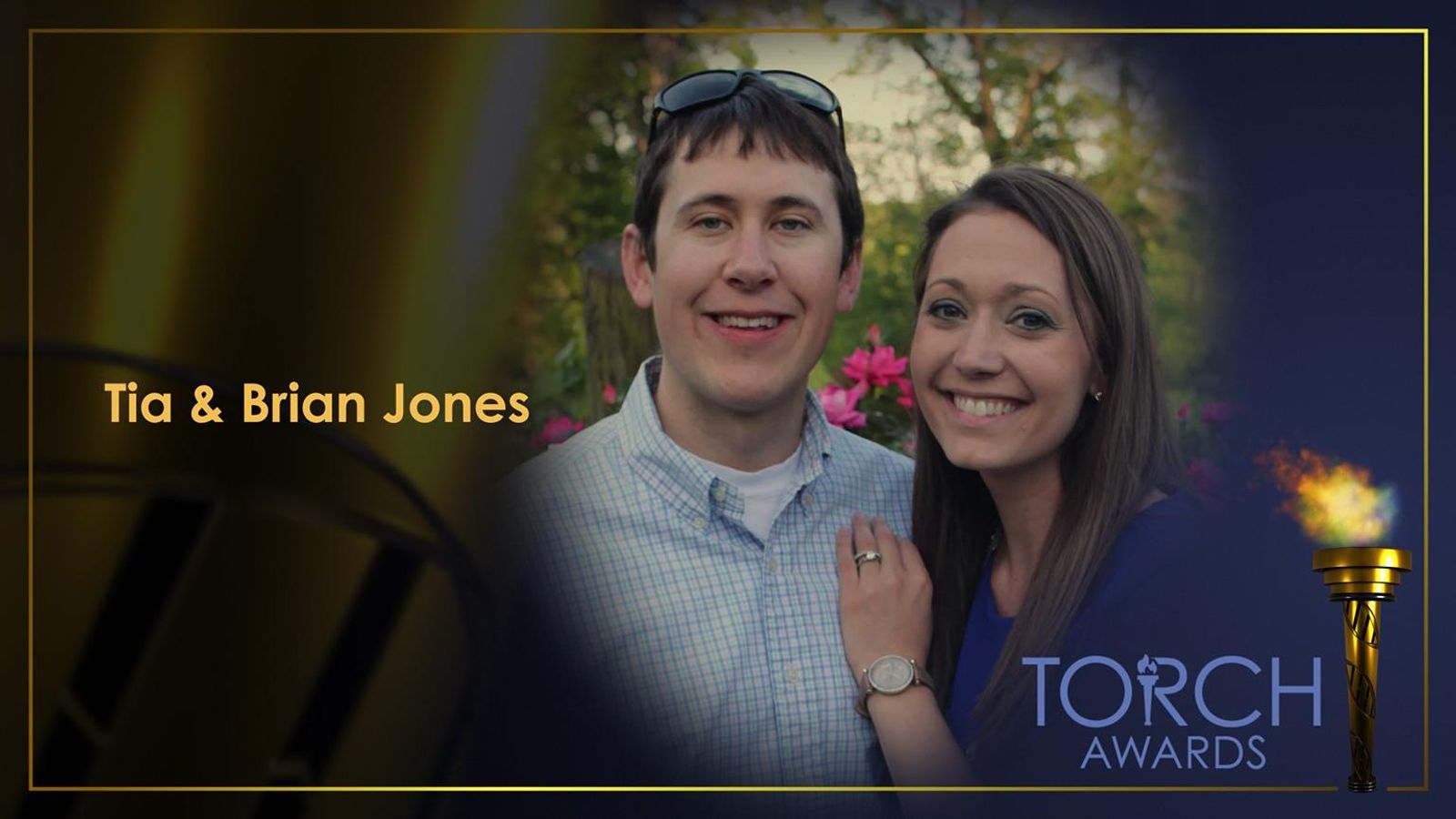
Advocates for Fabry disease
At the end of his last year of medical school, Brian was diagnosed with Fabry disease followed by five additional family members of this family. Brian and Tia were faced with a move across the country, two new jobs, long hours of medical residency training, a new diagnosis requiring multiple appointments, and substantial medical bills. As a means to address her emotions, Tia needed a cause. She learned that delayed diagnosis of Fabry disease was common and a delayed diagnosis could result in significant organ damage. She felt that every family deserved to receive an early diagnosis.
With the help of Emory University Lysosomal Group and Fabry Support & Information Group, Tia and Brian launched Testing-for-Tots. Since April 2019, Testing-for-Tots has raised almost $50,000 with one in-person event reaching 130 individuals, a 2020 virtual event, and other small fundraisers. The funds raised are aimed to support a research grant and advocacy efforts to expand newborn and early childhood screening for Fabry disease. In addition, Brian and Tia continue to advocate with lawmakers on co-pay assistance programs.